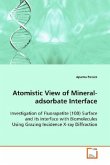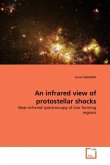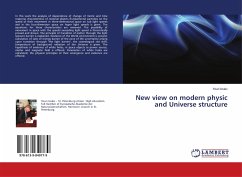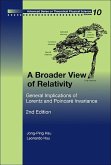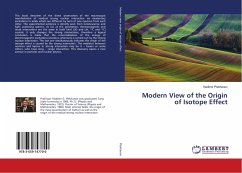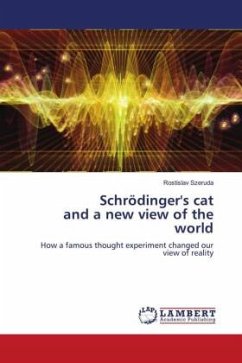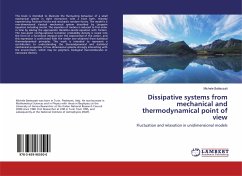Modern physics is based at three methodology revolutions: Galileo gave specific theoretic- operational symbiosis, Newton the two-level structure of "primary" (PIO) and "secondary" (SIO) ideal objects, or levels of foundations of branches of physics and concrete theories (SIOs build by PIOs); at the edge of 19-20th c. implicit type of definition for more complex PIOs was introduced. All three give theoretical physics as new type of representation of physics, where focus shifts away from discovering "laws of nature " to physical objects (systems) and its states, the distinct notions of "measurable" and "prepareble" replace the vague notion "observable". It gives the new structure of physical theory. On its base the roles of physical models and measurements within physics, two kinds of work and experiment, new combination of "realism " and "constructivism", four levels of change in science are discussed. On the basis of this notions the quarrel between 'Copenhagen' and 'anti-Copenhagen' "interpretations" of quantum mechanics is analyzed and the third one - 'Theoretical Physics' without any paradoxes and specific role of observer' is done
Bitte wählen Sie Ihr Anliegen aus.
Rechnungen
Retourenschein anfordern
Bestellstatus
Storno


